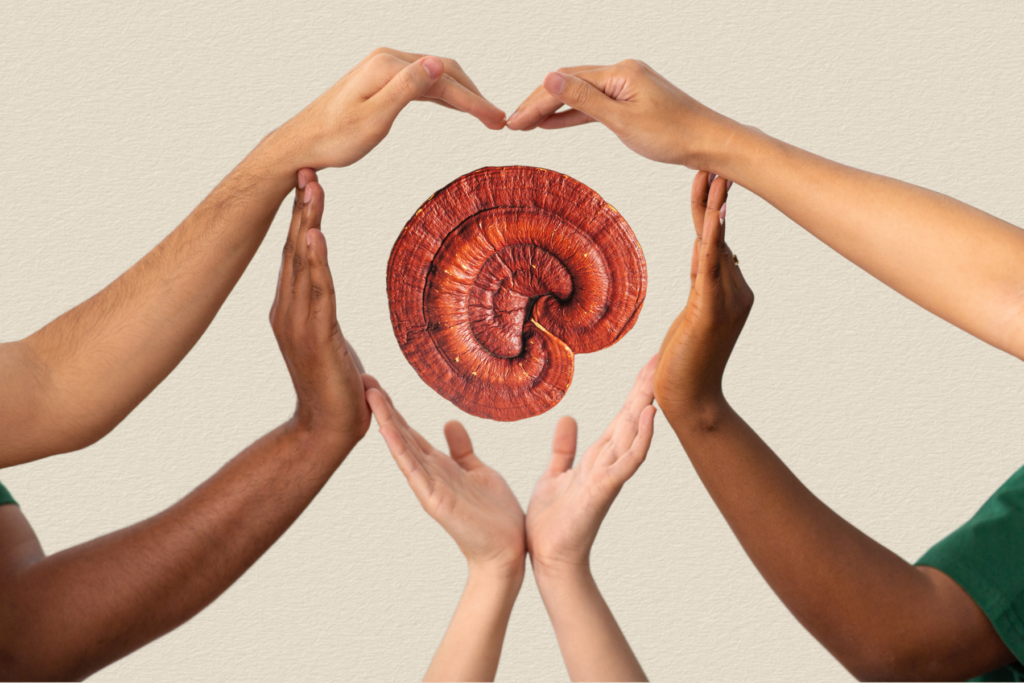Stress. Let’s face it, every single one of us is affected by stress in our lives. The term “stress”, as it is currently used was coined by Hans Selye in 1936, who defined it as “the non-specific response of the body to any demand”¹. He was also the first scientist to identify ‘stress’ as underpinning the nonspecific signs and symptoms of illness. “Nonspecific” symptoms such as “looking tired”, “having no appetite”, or “losing weight”. In reality, recognizing stress symptoms can be really difficult, because many of us are so used to being stressed, we may not even recognize it until we are at the breaking point.
Most of us have been led to believe that stress is harmful to our health, and the truth is, depending on the source quoted, stress or stress-related ailments account for somewhere between 75-90% of all visits to a physician. Stress has been linked to cancer, diabetes, heart disease, hypertension, high cholesterol, muscle tension, menstrual irregularities, fatigue, obesity, depression, anxiety, adrenal fatigue, and a plethora of other conditions. These are some sobering statistics.
Change Your Mind About Stress
Did you also know that your own perception of stress could directly influence how stress affects you? It’s true. In a US study of the effects of stress on 30,000 adults over an 8-year period², there were some pretty surprising results. Study participants were asked two questions:
- How much stress did you experience in the last year?
- Do you believe stress is harmful for your health?
Then they looked at public death records in the following year, and they determined that people who had experienced a lot of stress in the previous year had a 43% increased risk of death. But, perhaps most interesting, was that the increased risk of dying was only true for those who also believed stress was harmful to their health. By contrast, people who experienced a lot of stress but also didn’t view stress as harmful were no more likely to die. In fact, they had the lowest risk of dying of anyone in the study – including those with relatively little stress! And, over the 8 years the researchers conducted the study, they estimated 182,000 people died prematurely, NOT from stress, but from the BELIEF that stress is harmful to their health.
The new science of stress is that how you think about stress makes a huge difference in how stress affects you, and this was proved in a Harvard study³. During a normal stress response, your heart rate increases, breathing quickens, muscles tighten, and blood pressure rises, and your vessels constrict. Participants in the Harvard study were taught to view these responses as good things: and guess what? The blood vessels stayed relaxed, similar to the cardiovascular profile seen during times of joy or courage! Wow! Stress is really just nature’s way of telling you you’ve gotten ready to act. It is how you protect yourself. This is a good thing! Changing your mind about stress, really will change how stress affects you.
Try Some Japanese Red Reishi
The health benefits of this amazing fungi have been recognized by practitioners of traditional medicines of China, Japan, and other Asian countries for over 2000 years. The ancient Chinese referred to it as a “Plant of Immortality”, so highly regarded it was for health and longevity. It’s an extremely potent adaptogen, meaning it’s non-toxic, it normalizes physiologic function, and it helps the body adapt naturally to the effects of stress, fatigue, trauma, and anxiety. Red reishi is rich in triterpenes which are the compounds believed to result in lipid-lowering and antioxidant effects. Triterpenes are what give the herb its distinct bitter taste, and in Chinese medicine, the bitter flavour is said to enter the heart, and thus can calm and relax the mind. Given what’s been said above about changing our minds about stress, an adaptogenic herb like red reishi, with its potent ability to induce a state of calm relaxation, is the perfect ally to combat stress.





